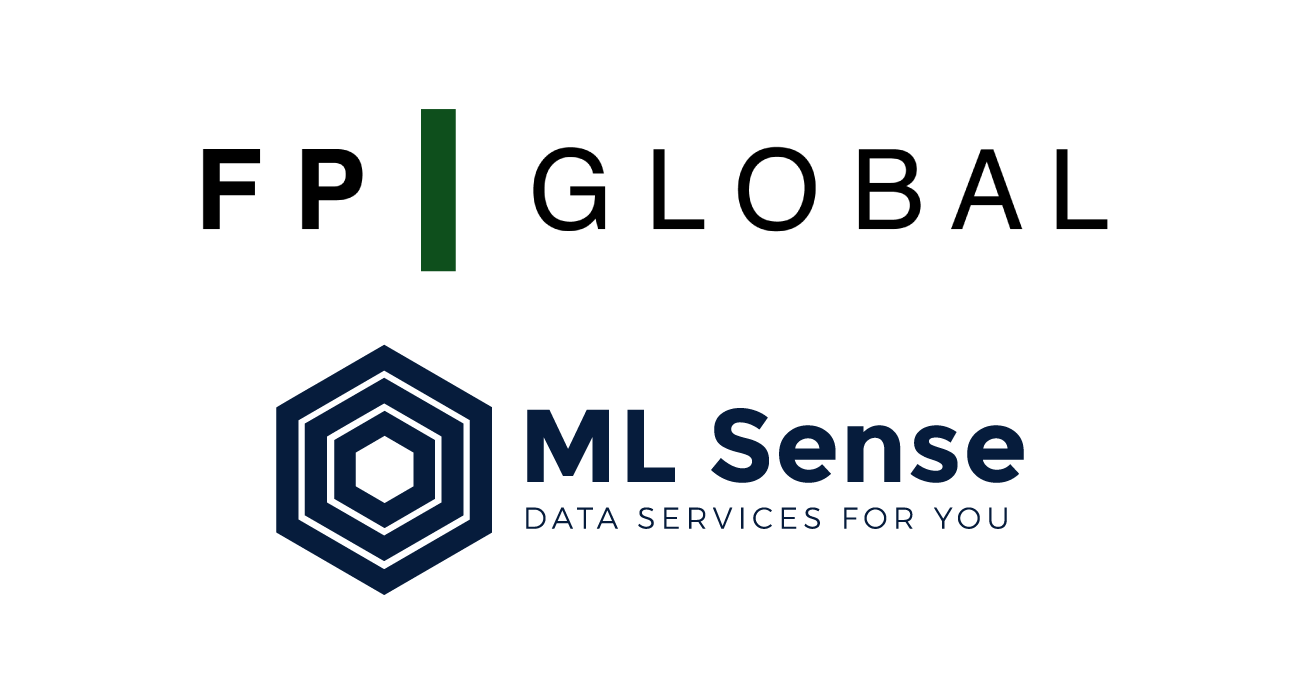Latest Insights
February 17, 2020
We speak to Arkin Holdings’ Founder and CEO, Mori Arkin and Nir Arkin on their decision to increase their presence in Singapore and how one of the top financial hubs in Asia help Family Offices seamlessly penetrate into the market.
About Arkin Holdings
Arkin Holdings is an Israel-based investment holdings company which specialises in healthcare investments across its four investment arms in venture capital, private equity, hedge funds and direct investments. With a healthcare portfolio worth over US$1bil, the firm’s portfolio predominantly invests in North America and Europe and recently decided to increase its presence in Asia through its hedge fund, Sphera Global Healthcare.
Why Singapore?
The pharmaceutical industry in Singapore experienced a surge in activities in the past ten years. Over 30 of the world’s top pharma and medical technology firms, including pharma giants such as GlaxoSmithKline, Pfizer and Novartis, have established some form of manufacturing, R&D or headquarters in Singapore. We believe that the country is well-poised and headed in the right direction where we see upside potential and growth in the healthcare space.
Continued Support from Policy Makers
Since 1995, the Singapore government has initiated a series of five-year plans to embolden its science and technology ambitions. Currently in its sixth cycle, the Singapore government has committed a budget of $19 billion to the Research, Innovation & Enterprise 2020 Plan (RIE2020)1, which are targeted at four main pillars:
- Advanced Manufacturing and Engineering
- Health and Biomedical Sciences
- Services and Digital Economy
- Urban Solutions and Sustainability
Rich Talent Pool
The growth in Singapore’s universities is attributable to its national focus on excellence in research and education, and strong research infrastructure. Its rankings have steadily climbed as a result of improved research influences internationally. Notably, the National University of Singapore (NUS) and Nanyang Technological University (NTU) were ranked 12th and 13th globally in 2015, up from 22nd and 39th in the previous year. The field-weighted citation impact (FWCI) of both universities also surpassed other top Asian universities, including the University of Hong Kong, the University of Tokyo, and the Peking University.
Friendly Business Environment
Biomedical MNCs increasingly seek opportunities globally to collaborate with academia and other companies to enhance their R&D. The Singapore government has welcomed such MNCs to establish their subsidiaries in Singapore through the initiation of a number of schemes, including one “plug-and-play” R&D infrastructure, where subsidiaries are automatically allowed to claim tax incentives on R&D expenses incurred in Singapore, and clinical trial costs as long as such activities are funded from Singapore.
Gateway to Asia Pacific
Despite being a small country, Singapore’s strategic location enables it to tap on its location in Asia Pacific to tap on the pharmaceutical industry value chain from research and running clinical trials, to manufacturing and drug delivery,
What next in Asia
According to Preqin, the alternative assets industry is set to grow to US$14tn in 2023, from over US$8tn in 20172. Of this, a large proportion of assets is expected to originate from Asia-Pacific with 60% of fund managers believing that they would see an increase in capital sourced from the region by 2023. This is in contrast to a less than 40% increase in capital sourced each from North America, Europe and Emerging Markets.
We maintain that Asia is a bright spot and are optimistic on the Asia growth story. Starting with establishing a base in Singapore, we:
- Plan to establish permanent presence in Asia, with Singapore being the headquarters in the Asia time zone
- Build an Asian Research Investments team to explore the rich biotechnology ecosystem of universities and laboratories in Singapore and in the region, thereby leading to the development of a more Asia-focused investment strategy
- Establish long term relationships with Asian investors for our different investment strategies
- Develop strategic partnerships in Asia
For strategic advice on how to set-up a family office in Singapore, please reach out to :
APAC Principal Consultant
robert@fundspartnership.com
Share This Article
Articles You May Like














